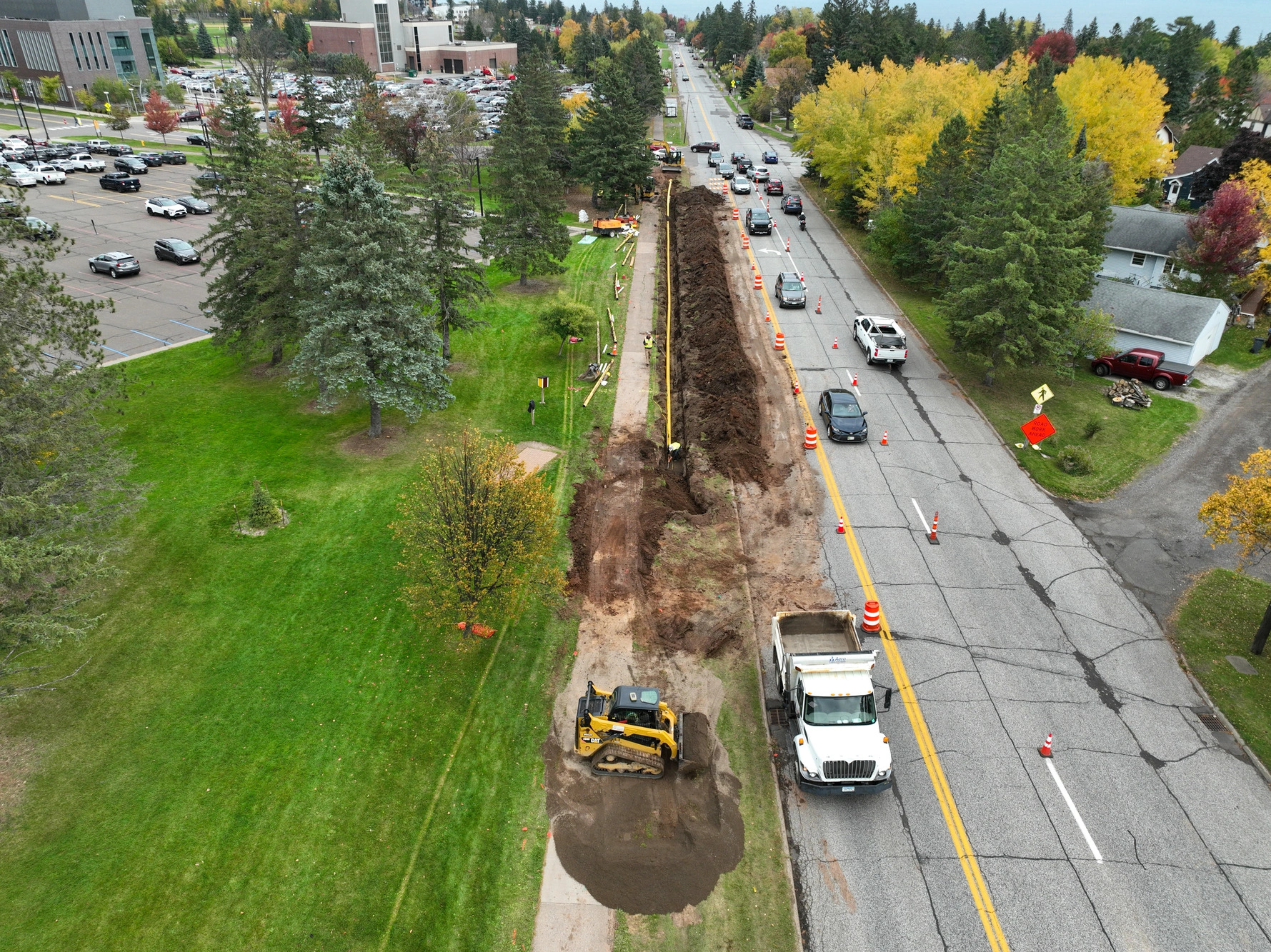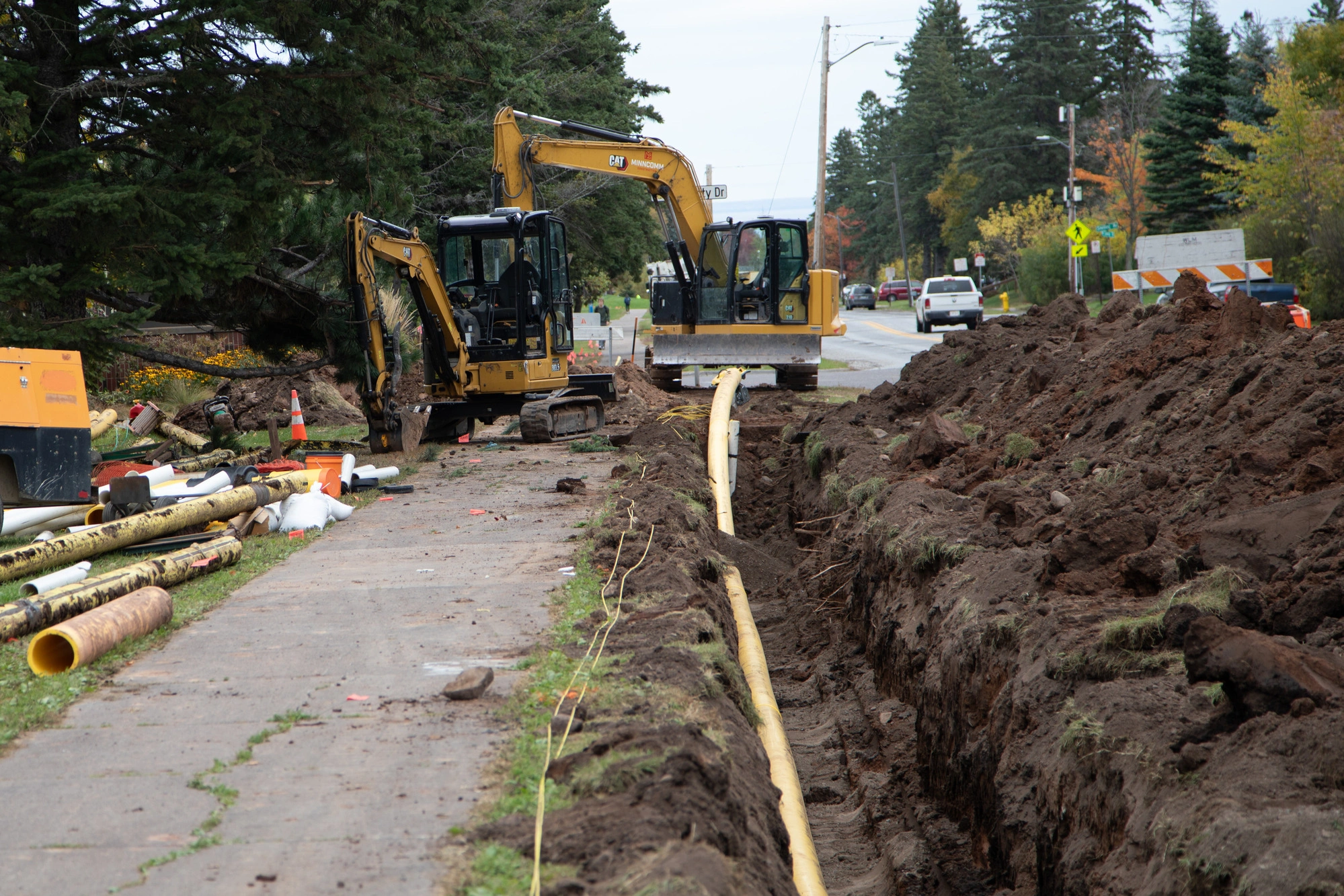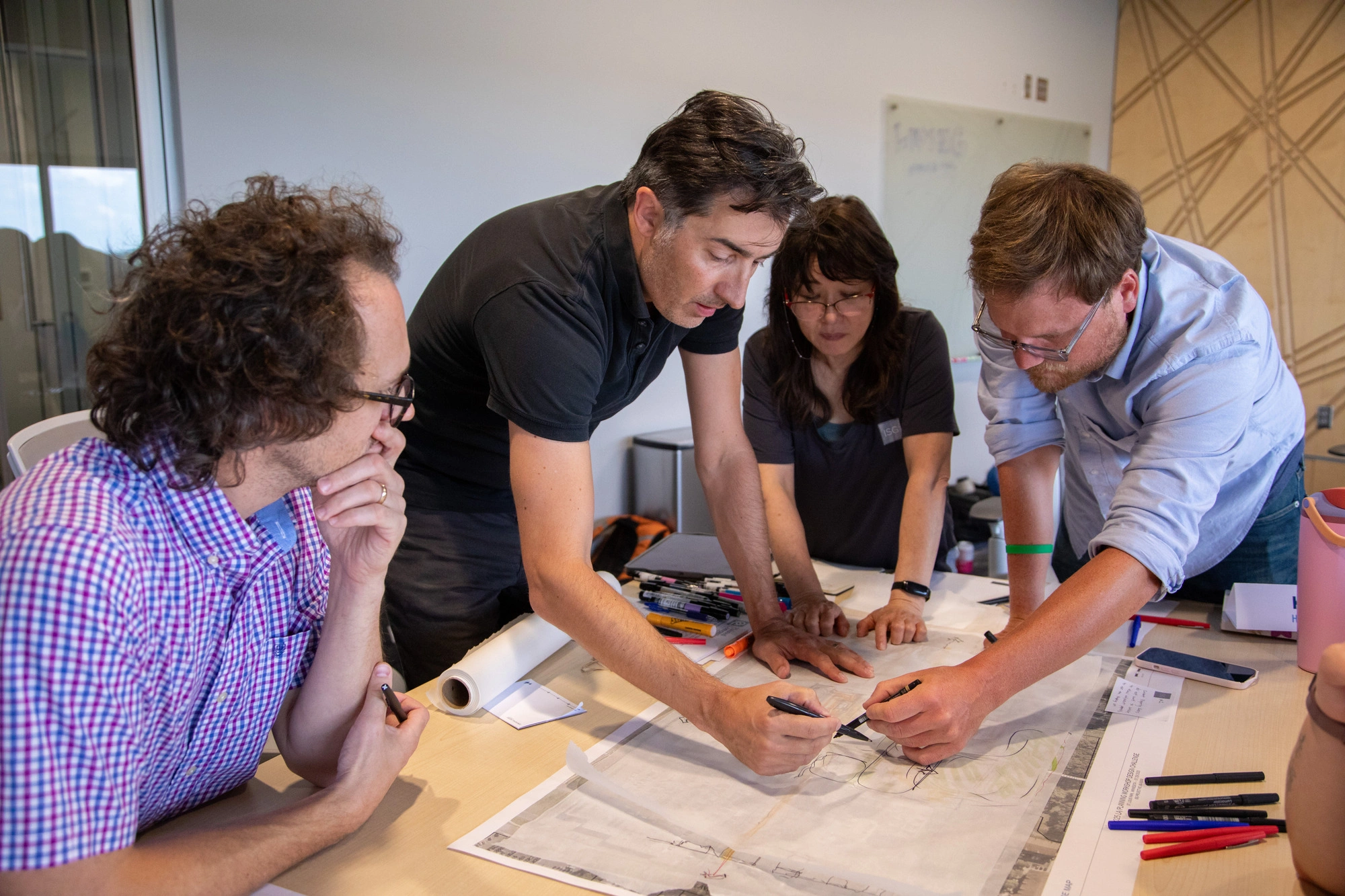Connecting Cities with Solutions – ISG’s Takeaways from APWA’s PWX 2022 Conference
Every year the American Public Works Association (APWA) gathers public works professionals and leaders from across the nation to discuss issues and share solutions for public works management. This year, ISG’s municipal specialist and civil engineer, Casey Patton, PE, attended APWA’s PWX conference in August. Of the several presentations at the conference, APWA’s Utility and Public Right-of-Way Committee and Asset Management Technical Committee presentations stood out featuring the following key topics. In highlighting the below takeaways here and in project development, ISG strives to connect cities with the solutions and resources that they need to succeed.
Utility + Public Right-of-Way Committee (UPROW)
Serving to educate municipalities on utility-related issues and promoting the best use of the public rights-of-way, UPROW discussed the following problems and solutions during their presentation at the PWX conference.
Problems: Unmarked or Abandoned Utilities
From pipelines to fiber lines, unmarked or abandoned utilities can cause a big financial and logistical headache for municipalities and contractors. When a contractor is digging and hits an unmarked utility, they need to determine what they hit, any resulting dangers/risks, who to call, and if it needs repair.Today, cities are running into this issue more and more with the development of 5G antennas that require fiber connections. Many telecommunications providers installing 5G fiber cables are creating unmarked conduits underground in an attempt to get ahead of business. This is resulting in contractors commonly hitting unmarked fiber cables. Another common abandoned utility that contractors run into are gas pipelines that were not marked for removal. Like hitting an unmarked fiber cable, running into an unmarked gas pipeline when digging results in change orders that cost cities time and money.
Solutions: Improve Utility Communication + Coordination
Strong communication and coordination between utilities, contractors, and municipalities in project development and construction efforts is encouraged to prevent this issue. A few methods to improve utility communication and coordination discussed during the PWX conference included encouraging cities to thoroughly review franchise agreements and to refine or develop permitting programs to better enforce mapping and management of utilities. Additionally, municipalities should consider construction observation of utility installations and relocations to ensure correct placement of facilities.
Learn more about UPROW and solutions for right-of-way development here!
Asset Management Technical Committee (AMC)
AMC strives to guide municipalities in asset management, providing several tools, including an Agency Infrastructure Report, the Asset Management Effective Utility Management Resources webpage, and the Guide to Successful Asset Management. The following takeaways from asset management discussions at the PWX conference include the following theme: that asset management is a proactive journey in planning ahead to minimize surprises and maximize municipal budgets and resources.
Problems: Asset Management
Managing the vast assets involved in public works and prioritizing projects to get the most out of resources is a task that all municipalities face. From infrastructure improvements to facility maintenance and/or development, all require careful planning. A lack of thoughtful, calculated planning results in cities having broken infrastructure, access to fewer resources, degraded facilities, and an inability to move forward with community goals.
Solutions: Asset Management Tips
Cities can start improving their asset management today with the following tips:
- Realize that all cities, not just large metro communities, can benefit from managing assets and public utilities using a management database, like those powered by Geographic Information Systems (GIS)
- Explore different tools and assets under asset management that will help prioritize dollars to get the best return on investment
- Prioritize creative solutions that will help stretch dollars even further to meet rising costs for improvements and development
- Eliminate all “out of sight, out of mind” or “bury and forget” mindsets and methods – instead, record all projects processes carefully and implement procedures that ensure clear project coordination and communication between stakeholders
- Prioritize planning maintenance to sustain the longest product and system lifespan
- Be proactive about investment of dollars before needs arise
- Remember that there are no one-size fits all solutions; personalized solutions and capital improvement strategies that are tailored to each community will help cities to anticipate their large expenses, maintenance, and upgrade needs
Learn more about AMC and municipal asset management here!


Related Articles


The Future of Southern Minnesota Lakes Conference Returns To Inspire Action on Lake Planning, Preservation, and Restoration
ISG is bringing back The Future of Southern Minnesota Lakes Conference for its fourth year from March 6–7, 2026 creating space for lake association members, environmental professionals, and community leaders dedicated to preserving and restoring Southern Minnesota lakes.







.webp)

.webp)
_webfull.webp)
.webp)

